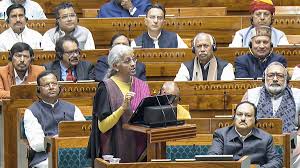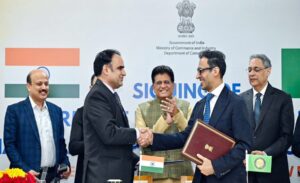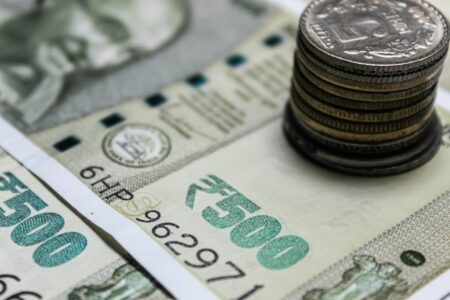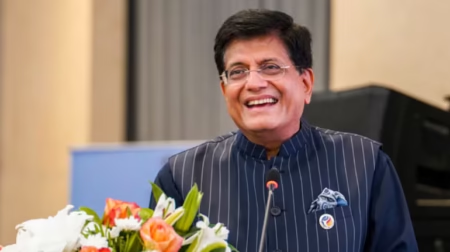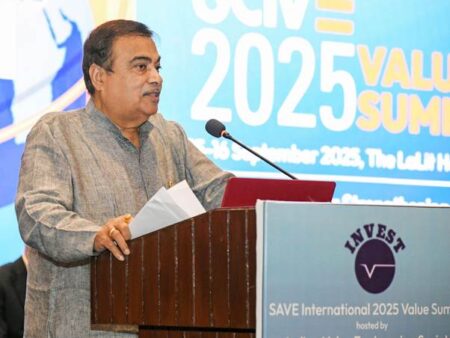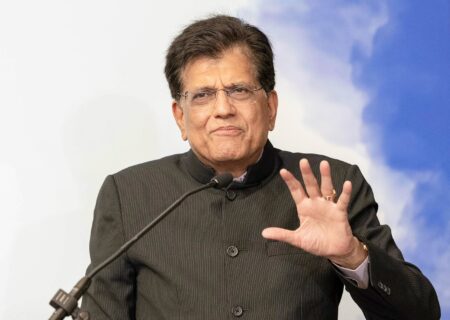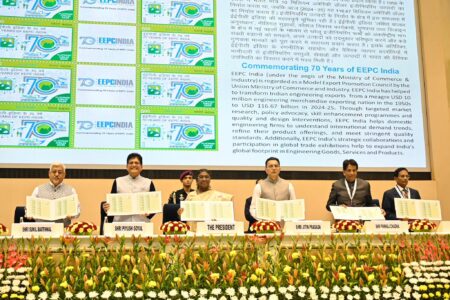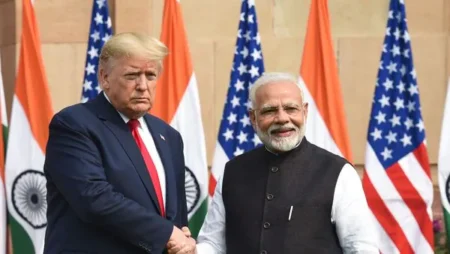India filed an appeal on May 25 in opposition to a decision by the World Trade Organisation’s (WTO) trade dispute settlement panel that found that the nation’s import taxes on specific information and technology items are in violation of international trade standards.
The decision came as a result of a WTO dispute brought by the European Union, Japan, and Taiwan on these taxes.
On May 30, Japan expressed displeasure with India’s plan to appeal a WTO trade dispute settlement panel decision on import taxes on specific information and technology items and asked India to abandon the appeal, according to a Geneva-based official.
During the dispute resolution body’s meeting in Geneva, Japan voiced its concerns.
The official stated, “Japan has urged India to rescind its decision (concerning the appeal).”
The WTO dispute panel stated in its report dated April 17 that import taxes levied by India on specific information and technology items are against international trade laws. India made the appeal to the WTO’s appellate committee, which has the final say in these types of trade disputes.
On April 2, 2019, the EU filed a complaint against India’s imposition of import taxes on a variety of ICT products, including mobile phones and their components, base stations, integrated circuits, and optical equipment. The EU had argued that certain WTO rules appeared to be broken by the measures. Later, China, Taipei, and Japan also became involved in the conflict.
In accordance with WTO regulations, a WTO member or members may lodge a complaint with the Geneva-based global organisation if they believe that a specific trade action violates WTO standards.
A challenge to the panel’s decision or report may be made to the WTO’s appeals body. It’s interesting to note that the appellate body is ineffective due to disparities in how member nations choose their representatives. With this body, there are already a number of pending conflicts. The US has been preventing the members’ appointments. It would take more than a year to consider India’s appeal, even if the body that serves as the final arbiter in these trade disputes began to operate right away.
The official added that the dispute resolution body (DSB) had granted Chinese Taipei and India’s request for more time to consider adopting the panel’s decision in Chinese Taipei’s challenge of India’s tariffs on a number of high-tech products.
The extra time, according to both sides, would make the matter easier to resolve.

